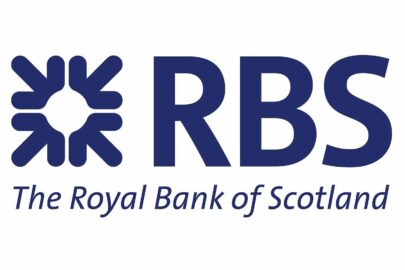Royal Bank of Scotland (RBS) has reported an annual profit of £752m for 2017, compared to a £6.95bn loss the year before.
It is the first time it has posted a profit since it was bailed out during the credit crisis in 2008.
The bank, which is still majority-owned by the taxpayer, revealed that gross new mortgage lending was £31.0 billion, with market share of new mortgages at approximately 12%.
Mortgage approval share in Q4 2017 fell to approximately 12%, from around 14% in Q3 2017, and mortgage new business margins were 14 basis points lower in the quarter, “in part reflecting intense price competition in the market”, the bank said.
RBS chief executive Ross McEwan said: “When I started as CEO in 2014 the bank was far too complex. We operated in 38 countries, with over 5,000 systems supporting hundreds of different products. In our credit card business alone we offered 55 different card designs, as the organisation had grown we had added complexity which distracted us from our key stakeholder, the customer. Our customers want a bank which protects their safety and security, and is also responsive to their needs.
“Today we have exited 26 countries and now have a more focused product set, underpinned by almost half the number of systems we previously had. Simplification will continue to be a key focus for the organisation in 2018. We are going through all of our end-to-end customer processes to ensure they are fit for purpose.
“Our mortgage application journey is experienced by thousands of customers every day. With one of our strategic aims being to grow in this market, the benefits of simplification and automation in this area are vast. Given this, in 2017 NatWest was the first UK bank to offer paperless mortgages. Customers can now apply for a completely digital mortgage which uses the latest technology to securely share and verify documents online. With this new proposition, mortgage offers can now be made within 11 days, down from 23 days before. The process also eliminates close to 4.3 million sheets of paper a year, reducing our impact on the environment.
“The opportunities created by greater simplification and automation, in terms of improved controls, cost reduction and a better customer experience, are significant for this bank.
“As well as transforming our processes and products, in 2017 we continued to reap the benefits of refocusing our main customer-facing brands. With each now speaking to a unique constituency of customers, we are better placed to differentiate ourselves from our competitors. With NatWest for England and Wales, Royal Bank of Scotland, for Scotland and Ulster Bank for the island of Ireland – we truly are a bank of brands in the UK and the Republic of Ireland.”
